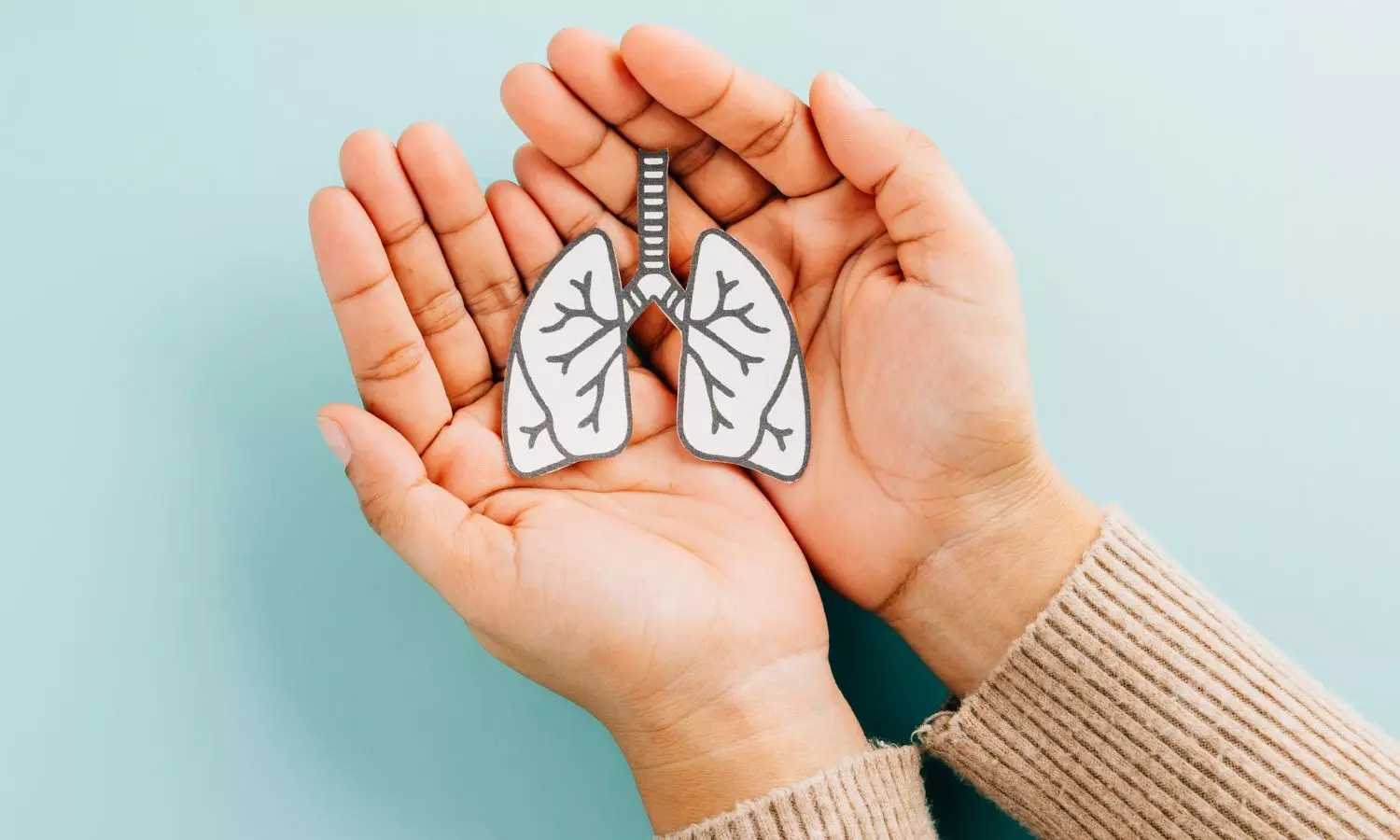India’s Nutrition Research Influences Global Fight Against Tuberculosis, Says WHO

New Delhi: A recent study conducted in India has played a key role in shaping global health strategies to fight tuberculosis (TB), according to the World Health Organisation (WHO). The study, led by the Indian Council of Medical Research (ICMR) and carried out in Jharkhand, was the first to provide strong evidence that nutritional support can significantly reduce TB cases and deaths in India.
The WHO, during a three-day virtual workshop, acknowledged the importance of India’s RATIONS study, stating that its findings have helped inform new global guidelines for tackling TB — the world’s deadliest infectious disease.
“The findings from India’s RATIONS study on the impact of nutrition on TB outcomes and incidence of the disease have contributed to the global guidance,” the WHO said.
The South-East Asia region — which includes India — remains the worst affected, accounting for almost 5 million TB cases and around 600,000 deaths in 2023 alone, according to Dr. Catharina Boehme, Officer-in-Charge at WHO South-East Asia Region. She emphasised that countries must urgently invest in research, innovation, and equitable access to new tools and treatments to meet global TB reduction targets.
“Achieving the ambitious goals of the WHO’s End TB Strategy requires faster adoption of new technologies, medicines, and diagnostic tools,” Boehme said. “Equitable access is critical to ensuring no one is left behind.”
Despite progress, such as increased TB case reporting in 2023 — a recovery signpost-COVID — the WHO warned that the overall efforts are still falling short of End TB targets. The disease continues to affect the poorest and most vulnerable communities disproportionately.
To fight back, countries are beginning to adopt modern methods, including artificial intelligence for early detection, computer-aided diagnostics, digital tools to support treatment adherence, and direct benefit transfers for patient support.
However, the WHO noted that many research findings remain underutilised due to gaps in knowledge-sharing and limited regional collaboration. The threat of drug-resistant TB also remains a growing concern.
Dr. Boehme concluded by urging nations to collaborate to ensure that innovations such as vaccines, new medications, and diagnostic tools are accessible to all, not just a select few.


